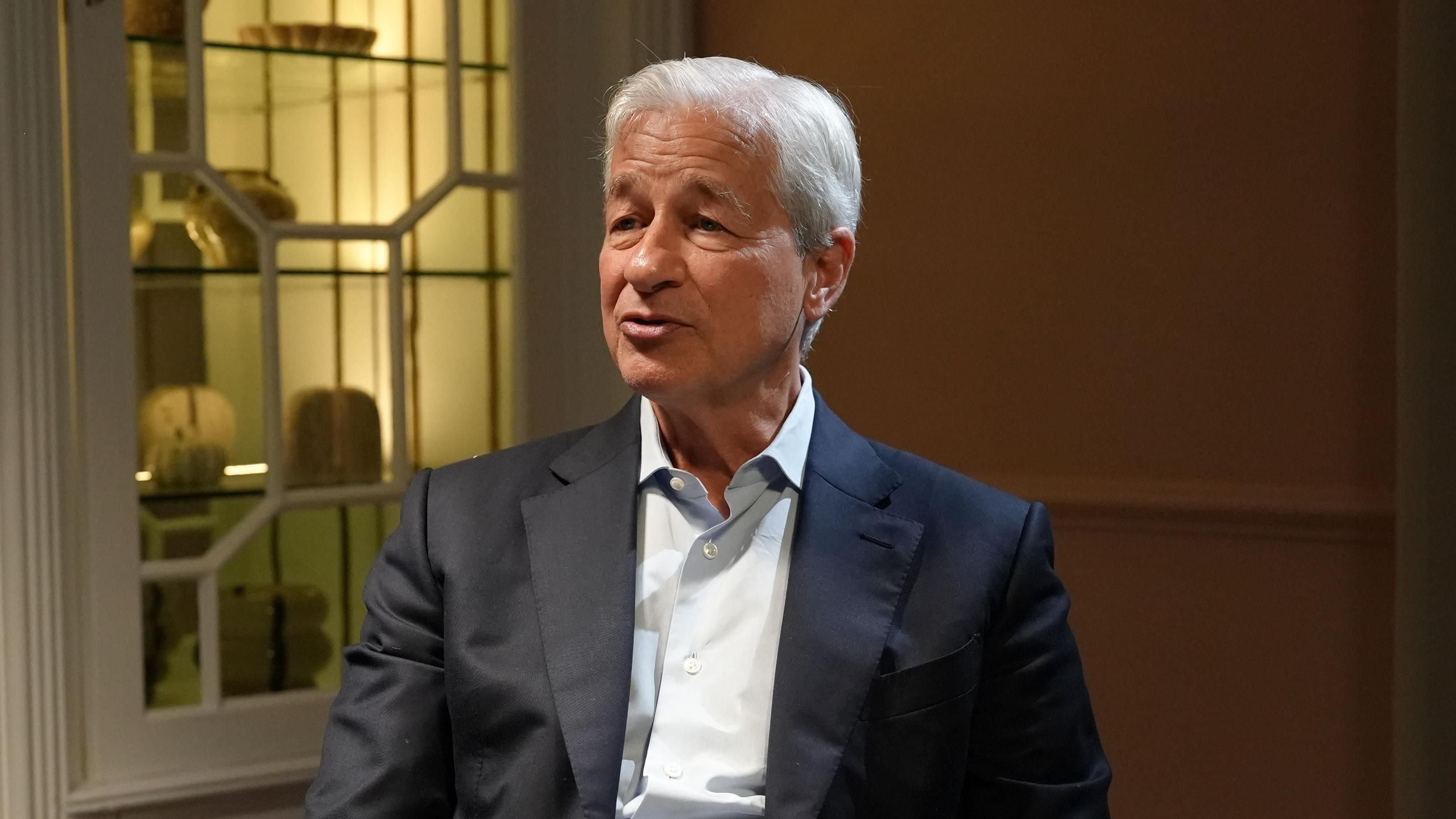Jamie Dimon, CEO de JPMorgan Chase, ha expresado inquietudes sobre una posible corrección en el mercado de valores, subrayando la importancia de que los inversionistas se mantengan atentos ante la incertidumbre económica. Las advertencias de Dimon surgen en un contexto de aumento de tasas de interés, tensiones geopolíticas y un crecimiento económico desigual, factores que podrían influir en los mercados financieros a nivel mundial. Sus comentarios reflejan tanto precaución como comprensión de los riesgos que podrían incidir en las valoraciones de las acciones y la confianza de los inversionistas en los próximos meses.
Factors contributing to market volatility
Jamie Dimon has highlighted several factors that could trigger a market correction, noting that investor sentiment has been increasingly fragile. Rising interest rates, implemented to combat inflation, are having a direct impact on borrowing costs, corporate earnings, and consumer spending. These shifts can create pressure on equity markets, particularly for sectors that are highly sensitive to interest rate fluctuations, such as technology and real estate.
Furthermore, geopolitical tensions such as conflicts and trade disagreements persist in fueling uncertainty in the markets. Investors are keeping a close eye on global events that might interfere with supply chains, raise energy expenses, or destabilize financial systems. Dimon has emphasized that even small disruptions in global markets can amplify current weaknesses in investor actions, which may result in significant market fluctuations.
Economic indicators also play a crucial role in Dimon’s assessment. While certain sectors of the economy remain resilient, uneven growth and signs of slowing consumer activity raise concerns about sustainability. Corporate earnings reports that fall short of expectations, or unexpected macroeconomic data, could act as catalysts for a broader market correction. For Dimon, understanding these underlying dynamics is key to anticipating potential shifts in market conditions.
Actions of investors and handling of risks
Dimon’s cautionary stance is also tied to the behavior of investors themselves. In periods of prolonged market growth, complacency can set in, leading to overvalued assets and heightened risk exposure. He has encouraged both individual and institutional investors to adopt a disciplined approach, emphasizing the importance of diversification, long-term planning, and realistic expectations.
Methodologies to handle risks are especially crucial in unstable markets. Dimon has promoted the need for ample liquidity, examining portfolio distributions, and readiness for unexpected market changes. By implementing anticipatory actions, investors can reduce possible losses and steer clear of impulsive choices that typically worsen market declines. His guidance highlights the value of a cautious and methodical strategy over impulsive or emotionally influenced trades.
The alert from a leader like Dimon holds significance due to his vast experience dealing with financial upheavals. By guiding JPMorgan through past episodes of market turbulence, he utilizes historical knowledge to evaluate today’s weaknesses. His communication is not meant to incite fear, but instead to emphasize that a forward-thinking and knowledgeable strategy can protect assets and uphold market steadiness.
The importance of central banks and financial strategy
Central banks, especially the Federal Reserve, are major influencers when it comes to possible market downturns. Dimon has observed that choices regarding monetary policy, such as alterations to interest rates and quantitative strategies, greatly affect how investors feel and the availability of market liquidity. Although these actions aim to maintain economic stability, they can also lead to temporary fluctuations if market players see them as indications of risk or unclear circumstances.
Economic policy, fiscal measures, and regulatory frameworks also intersect with market dynamics. Government decisions regarding taxation, spending, and financial oversight can either alleviate or exacerbate market pressures. Dimon’s perspective highlights the interconnected nature of these policies with broader market health, reminding investors that shifts in policy can have immediate and far-reaching implications for equity markets.
Readying for possible adjustments
For investors, Dimon’s message is a reminder of the importance of preparation and prudence. Market corrections, while often unsettling, are a natural part of financial cycles. Historically, downturns have offered both challenges and opportunities, enabling disciplined investors to adjust strategies, acquire undervalued assets, and reassess risk exposure.
Dimon emphasizes that maintaining a balanced perspective is essential. While the risk of a correction exists, the overall economic foundation remains resilient in many areas, suggesting that a measured approach to investment can yield long-term stability. Understanding market drivers, monitoring economic indicators, and maintaining diversified portfolios are practical steps that can help investors navigate periods of uncertainty.
Furthermore, Dimon highlights the importance of steering clear of decisions driven by panic. Reacting emotionally to short-term market fluctuations frequently leads to poor allocation of assets or hasty withdrawals from investments. Instead, he recommends concentrating on long-term objectives, reevaluating risk tolerance, and modifying portfolios based on thorough analysis rather than reacting to immediate market chatter.
Implications for global markets
A potential correction in U.S. markets could have ripple effects on global financial systems. International investors, emerging markets, and multinational corporations are all sensitive to shifts in equity valuations and capital flows. Dimon’s warning highlights that even localized corrections can impact global liquidity, trade, and investment strategies.
For investors worldwide, staying informed about U.S. market tendencies is crucial. According to Dimon, although a market adjustment might be difficult, it also offers a chance to adjust portfolios, handle exposure, and find strategic investment opportunities in various markets. By adopting a proactive and knowledgeable strategy, investors across the globe can more effectively manage possible instability while setting themselves up for sustained growth.
Long-range outlook and investment approach
Ultimately, Dimon’s caution reflects a broader principle in financial management: the need for vigilance, strategic planning, and risk awareness. While the prospect of a stock market correction may cause concern, it also reinforces the value of thoughtful investing. Maintaining diversified portfolios, staying informed about macroeconomic trends, and implementing risk management measures are key strategies for weathering potential downturns.
The message from Dimon acts as a prompt reminder that shifts in the market are a normal aspect of economic cycles. By grasping the elements that lead to instability, implementing wise investment strategies, and keeping an eye on long-term targets, investors can tackle difficulties without sacrificing their financial ambitions. The guidance from one of the field’s most seasoned figures highlights that readiness, caution, and insight are the top protections against market unpredictability.
Jamie Dimon’s warning about a possible stock market correction underscores the need for careful risk assessment, strategic planning, and vigilance among investors. While markets face multiple pressures—from rising interest rates to geopolitical tensions and uneven economic growth—prudent measures and disciplined investing can help mitigate potential impacts. By understanding the forces shaping market dynamics and maintaining a long-term perspective, investors can navigate uncertainty while positioning themselves for sustainable financial outcomes.




